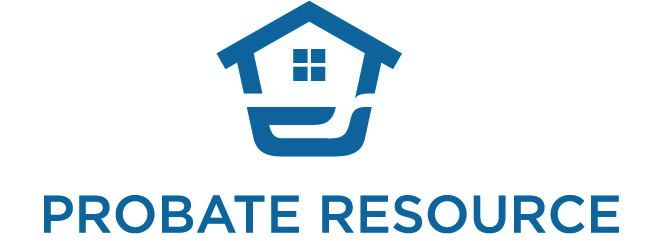Do you owe taxes when you inherit a house?
Hey guys, it’s Brad from probateresource.com. At Probate Resource, we are a real estate solutions company specializing in the world of probate and inheritance properties. We buy properties for cash or work with a handpicked network of real estate agents nationwide who specialize in probate inheritance, helping you sell your property.
Taxes and Inheritance Taxes
Today, I want to discuss one of the most common topics: taxes and inheritance taxes, and what they entail. In many cases, when dealing with estates, the primary asset is real estate—the cornerstone of one’s net worth. So, let’s delve into the question: do you owe taxes when you inherit a house? The answer? Well, it depends. (A disclaimer: it’s essential to consult with a tax professional.)
Every individual’s tax situation is unique, and only a tax professional can provide accurate advice tailored to your circumstances. However, speaking in general terms, in most families and states across the US, inheritance taxes are not typically owed. Two primary reasons contribute to this. Firstly, there’s what’s known as a “step-up in basis.” Basis refers to the bottom line—the initial investment. For instance, if you purchased a property and subsequently sold it, your basis usually comprises the purchase price plus any improvements made.
Step-Up In Basis
So, what’s a step-up in basis? When someone passes away, the basis of their assets steps up to the current market value on the day of death. Consider this: if a property bought 40 years ago for $50,000 is now worth $500,000 upon the owner’s passing, the basis of that property becomes $500,000. Consequently, if you were to sell it immediately for $500,000, the capital gains would be zero. However, if the property’s value increased to, say, $550,000 within a year or two after the owner’s passing, the capital gain would be $50,000.
Estate and Gift Tax Exemption Rules
Another vital aspect to consider is the estate and gift tax exemption rules. As of 2023, this exemption stands at over $12 million. It’s crucial to research these rules through IRS publications or reliable websites to gain a comprehensive understanding. In most cases, families selling assets often fall below this estate tax exemption, coupled with the step-up in basis, meaning they usually don’t owe any taxes.
Bottomline
As mentioned earlier, consulting a tax professional specific to your state or area is crucial. Analyzing your unique tax situation and understanding potential tax obligations requires professional guidance. I hope this information proves helpful. Again, I’m Brad from Probate Resource. Whether you’re interested in selling a property for cash or through a traditional agent, we’re here to assist. Visit probateresource.com, fill out the web form, or call the number on our website. Our team will be delighted to discuss your situation and determine if we’re the right fit for you.
Thanks for watching, and have a great day.

